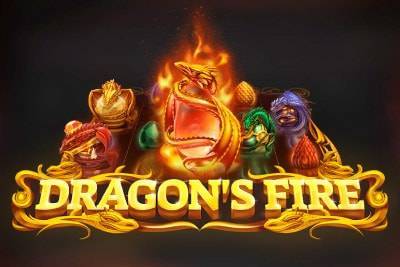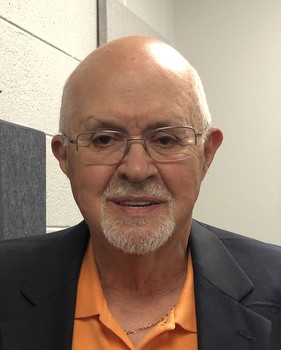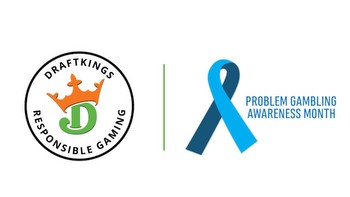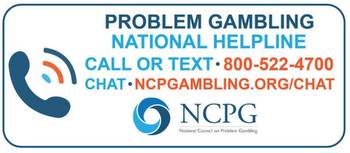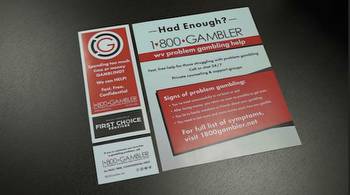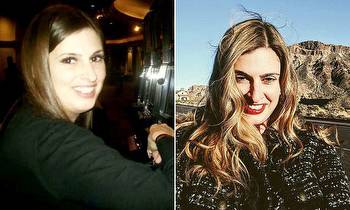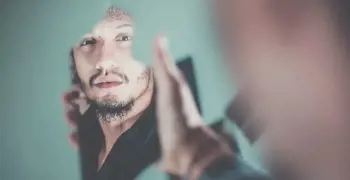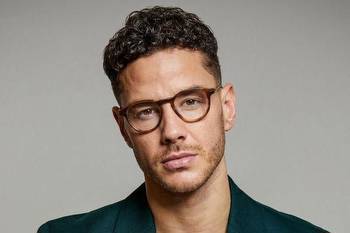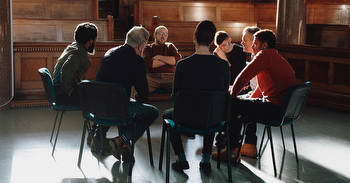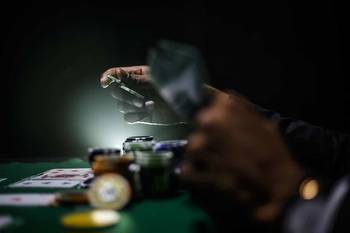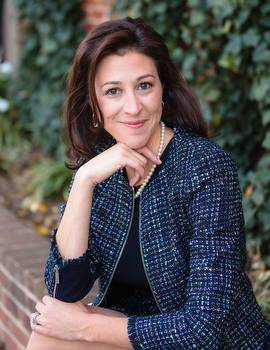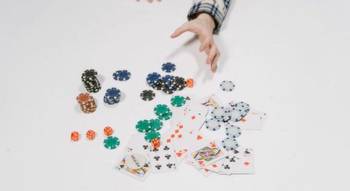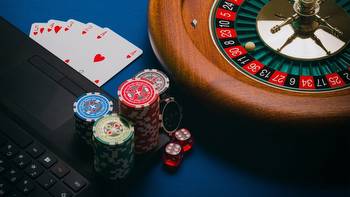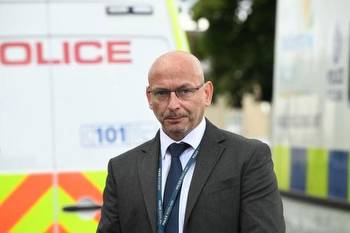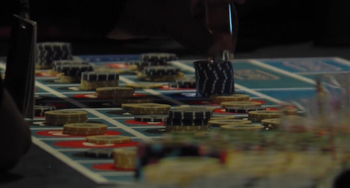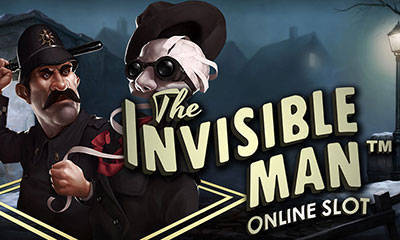Former Problem Gambler Now Helps Other With Gambling Addiction
She says problem gamblers must admit they have a problem and seek help.
Baltimore, Md (KM) A woman who was a problem gambler at one time is now helping others overcome this addiction. Carin Miller is a Peer Support Specialist with the Maryland Center of Excellence on Problem Gambling, which is affiliated with the University of Maryland Medical School.. “Been one for 30 years, ten of it was extremely heavy. And I had won a jackpot and that coerced me into gambling even heavier. And over the years, it became a problem not just with the family, but life itself,” she says.
Before Maryland brought back slot machines, Miller says she went to play the slots in West Virginia. Many problem gamblers have a high rate of suicide, but Miller says she never considered that route.
Miller says her gambling hurt her family members and friends until she finally admitted she had a problem and sough help. “I would be out there chasing my losses the next day. And I would usually get an earful from folks who cared about me. And ultimately, my recovery came from joining a 12-step program called Gamblers Anonymous<” she says.
The 12-step program from Gamblers Anonymous requires participants to admit they have a gambling problem, and make a decision to turn over their will to a Higher Power. It also requires them to make amends to all of the people they hurt with their gambling.
Miller says she’s part of a fellowship whose members support each other if they are having a difficult day, and are tempted to go back to gambling. “If you called anybody in the fellowship with a hard day, just like you felt like you were going to go out and gamble, and you just needed someone to walk you down off that wall, 99 percent of the time you’re going to find somebody on the phone that will talk to you and say ‘hey, remember where you were? Do you really want to go back there? Let me support you,” Miller says.
She also points out that problem gambling is an addiction. “As with any addiction, it changes our brain. It changes the way we think. It changes the way we act just as with substance use and alcohol addictions,” says Miller.
Being a one-time problem gambler, Miller says she can empathize with someone trying to get over this addiction, reminding them she has been thought it as well. “My role as a Peer Support Specialist is to not only help the client find their path to recovery, but to do outreach in the community and raise awareness about gambling addiction,”: she says.
Through it all, Miller says there is hope in trying to overcome a gambling addiction. “Please don’t hide your addiction,” she says. “There’s another life out there and recovery is possible.”







